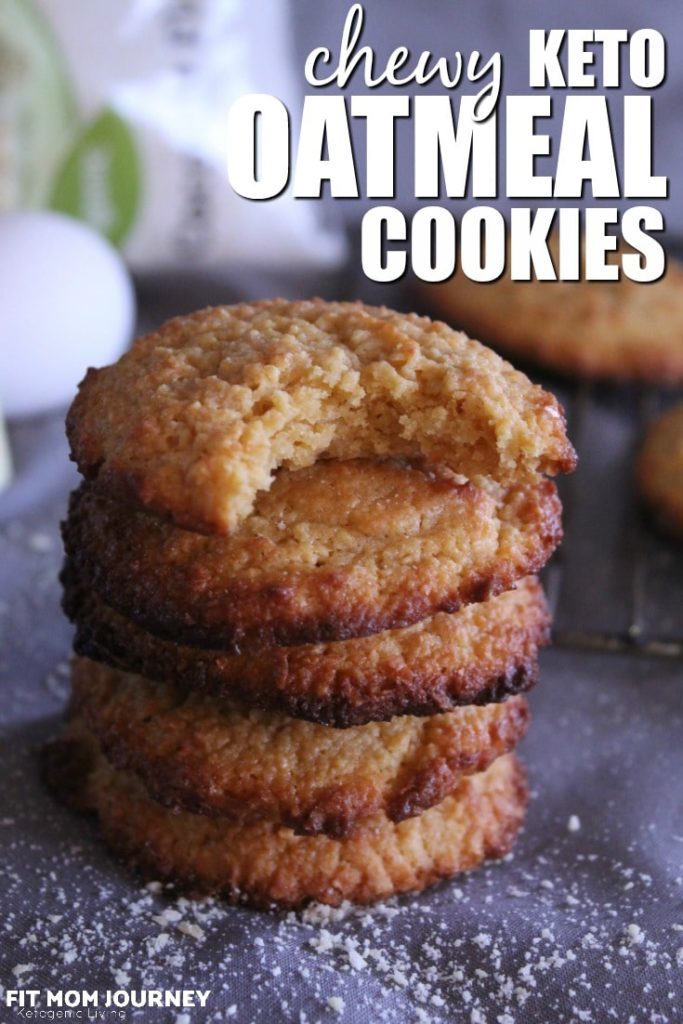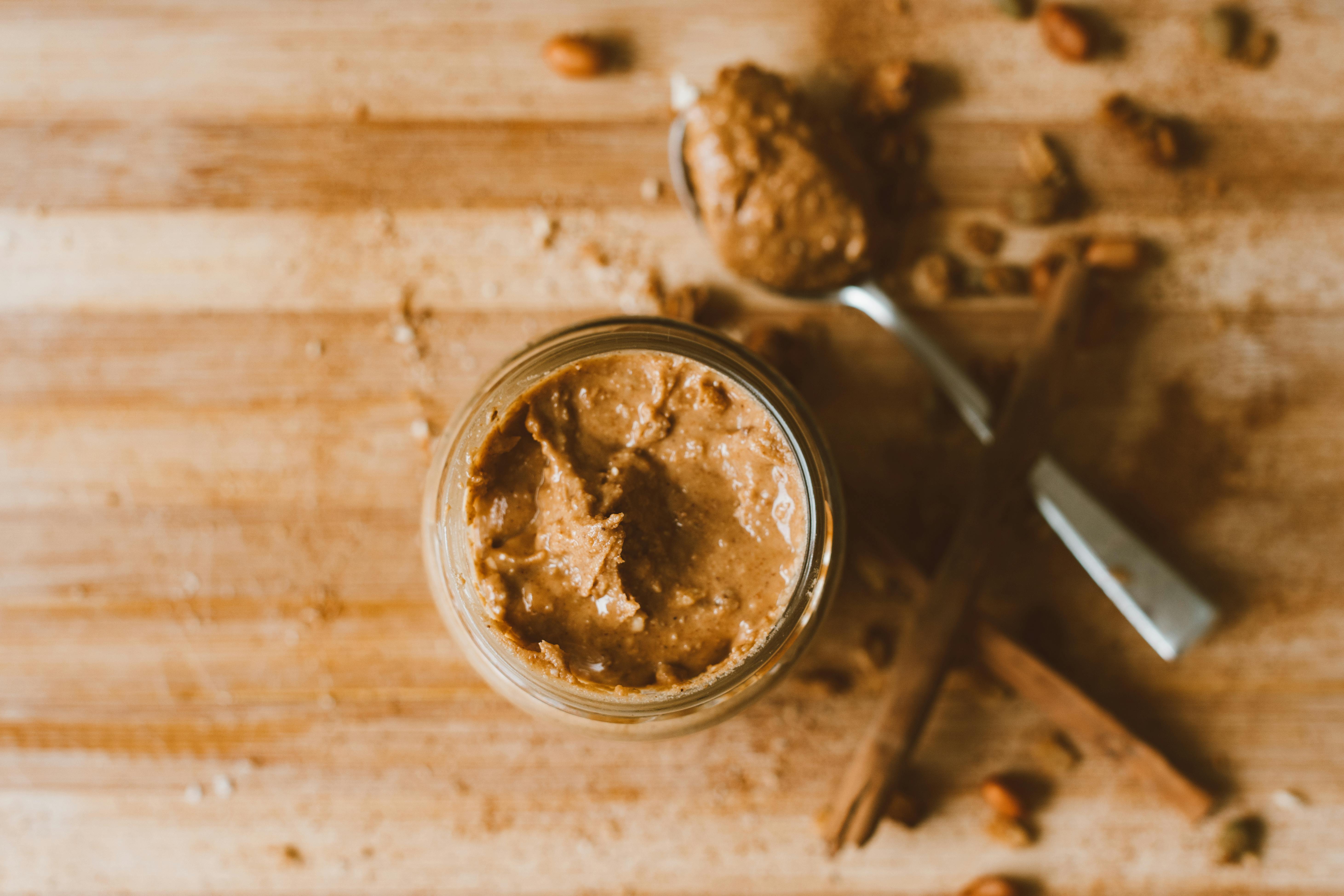Effective Ways to Manage Akitobroccoli Carbs in 2025

Effective Ways to Manage Akitobroccoli Carbs in 2025
In recent years, the focus on healthy eating has increased, and 2025 continues this trend with a growing emphasis on managing carbohydrate intake. Broccoli, a superfood packed with nutrition, has gained popularity not just for its health benefits but also for its low carbohydrate content, making it a favorite among those looking to reduce carbs in their diet. This article explores effective strategies to manage broccoli carbs, ensuring you get the most out of this nutrient-dense vegetable while enjoying its many health properties.
Broccoli carbs are an essential aspect to consider for anyone interested in weight management, overall health, or adhering to specific dietary patterns, such as low-carb diets. Here we will discuss broccoli’s nutritional profile, health benefits, cooking methods, and offer creative recipes that make it easy to incorporate more broccoli while managing carbs effectively.
By the end of this article, you’ll be equipped with practical tips and recipes to enjoy broccoli while maintaining your carb goals. Let’s dive deeper into understanding broccoli nutrition and its role in a balanced diet.
Understanding Broccoli Carbs and Nutrition
Broccoli Nutrition Facts
Broccoli is a cruciferous vegetable known for its rich nutrient profile. A serving of steamed broccoli (about 1 cup) contains approximately 6 grams of carbohydrates, including 2.4 grams of dietary fiber. This low carbohydrate content, combined with high fiber, makes broccoli an ideal choice for those monitoring their carbohydrate intake. In addition to carbs, broccoli is a powerhouse of vitamins such as Vitamin C, Vitamin K, and several B vitamins, providing antioxidant properties that support overall health.
Health Benefits of Broccoli
The benefits of eating broccoli extend beyond its remarkable nutrition. It is known to support heart health due to its ability to reduce LDL cholesterol levels. Additionally, broccoli is rich in antioxidants, promoting healthy skin and potentially lowering the risk of certain cancers. As a vegetable with a low glycemic index, broccoli has minimal impact on blood sugar, making it a pragmatic addition for individuals managing diabetes and weight. Moreover, its high fiber content enhances gut health and promotes a feeling of fullness, assisting in weight loss efforts.
Broccoli and Weight Loss
With its low calorie and high fiber content, broccoli can effectively aid in weight loss. Incorporating broccoli as a staple in your meals helps maintain satiety without excess calories. Moreover, its high water content further contributes to weight management strategies, allowing you to enjoy larger portions while keeping calories in check. By replacing higher-carb foods with broccoli in meals, you can create satisfying dishes without feeling deprived.
Cooking Broccoli: Methods and Tips
Cooking methods can significantly influence the nutritional value of broccoli. Steaming is often recommended as it preserves most nutrients. Other healthy cooking options include roasting or stir-frying with minimal oil to enhance flavors while maximizing health benefits. Avoiding overcooking is crucial, as this can lead to the loss of essential vitamins. Experimenting with different cooking methods allows you to enjoy the versatility of broccoli while keeping your carbohydrate count in check.
Portion Sizes and Serving Suggestions
Managing portion sizes is vital when trying to control carbohydrate intake with broccoli. A standard serving size is about 1 cup of raw or steamed broccoli. Pairing broccoli with lean proteins or healthy fats can create balanced meals, enhancing flavor and satiety. Consider using broccoli as a base for salads or integrating it into smoothies to provide a nutrient boost without substantially raising carb levels. These serving suggestions will help you enjoy this vegetable without overstepping your dietary goals.
Broccoli Recipes for a Low-Carb Diet
Healthy Broccoli Salad Ideas
Creating delicious and healthy salads using broccoli can be seamless and quick. A broccoli salad with mixed greens, cherry tomatoes, and a light vinaigrette provides a refreshing and nutrient-dense meal. Adding nuts or seeds can contribute healthy fats and protein, promoting better satiety. Make sure to include a variety of colorful vegetables for added nutrients and aesthetics.
Broccoli Soup Recipes
Broccoli soup is a comforting choice that is easy to prepare and deliciously nutritious. A simple recipe includes sautéing onions and garlic, adding broccoli and vegetable broth, and blending the mixture until smooth. Consider adding nutritional yeast for a cheesy flavor without added calories, or sprinkle with cheese as a topping for a delightful touch. This creamy soup allows you to savor the benefits of broccoli in a warm and delectable form.
Creative Keto Broccoli Dishes
If you’re following a keto diet, incorporating broccoli into your meals is a perfect strategy. One creative dish involves using broccoli in a cheesy broccoli casserole, baking it together with eggs, cheese, and some spices for a rich flavor. Another idea includes using broccoli as a low-carb alternative to rice, creating a broccoli rice pilaf that pairs perfectly with grilled chicken or fish.
Steamed Broccoli Benefits
Steamed broccoli retains more of its nutrients compared to other cooking methods, making it an exceptionally healthy choice. The steam helps preserve its vitamins, while the light cooking enhances its digestibility. When served with a sprinkle of lemon juice or a dash of salt, steamed broccoli can transform into a delightful side dish. These benefits solidify steamed broccoli as a go-to method for meal prep in managing carbs effectively.
Broccoli in Smoothies
Using broccoli in smoothies can be a fantastic way to boost your vegetable intake without compromising on taste. Combining raw broccoli with fruits like bananas or berries creates a nutritious, low-calorie beverage. This method not only masks the taste of broccoli for those who are hesitant but also provides a nutritionally balanced option to start your day. This is perfect for individuals seeking nutritious on-the-go breakfasts while watching their carb count.
Incorporating Broccoli into Your Daily Diet
Meal Prep Ideas with Broccoli
Preparing meals in advance can significantly ease your journey in managing broccoli carbs. Consider blanching and chopping broccoli ahead of time so it can easily be tossed into salads, stir-fries, or pasta dishes throughout the week. This not only saves time but helps you consistently include broccoli in your meals, ensuring you reap its nutritional benefits daily.
Broccoli Snack Options
Snacking on broccoli can be both beneficial and filling. Raw broccoli florets can pair well with hummus or yogurt dip, serving as a nutritious alternative to typical high-carb snacks. Additionally, roasting broccoli with seasonings creates a tasty and crunchy snack that is both satisfying and low in carbs. These snack options can help curb cravings while supporting your dietary goals.
Broccoli and Diabetes Management
For those managing diabetes, the low glycemic index of broccoli makes it an ideal food choice. Its fiber content aids in stabilizing blood sugar levels while providing valuable nutrients. Incorporating broccoli regularly can help in managing overall dietary habits effectively while maintaining balanced blood sugar. Exploring various recipes can keep meals enjoyable without compromising blood sugar control.
Broccoli as a Detox Food
Broccoli is known for its antioxidant properties, which can play a role in detoxification processes within the body. Including broccoli in your diet can enhance your body’s natural detox capabilities, especially when consumed alongside other nutritious foods. This property positions broccoli not just as a dietary staple but as a powerful addition to promote overall well-being.
Seasonal Benefits of Broccoli
Eating seasonal vegetables, including broccoli, can enhance your overall dietary health. With its peak season typically in the fall and spring, fresh broccoli is often tastier and more nutrient-dense than out-of-season options. Including seasonal broccoli in your cooking allows you to enjoy its maximum benefits, making it a crucial component of a balanced, health-conscious diet.
Conclusion: Embracing Broccoli in Your Diet
Managing carbohydrates is essential in today's health-conscious world, and broccoli stands out as a versatile ally in this endeavor. Understanding broccoli’s nutritional benefits, cooking methods, and diverse recipes enables you to make the most of this superfood while enjoying its taste and health advantages. As you embrace the use of broccoli, remember to combine it with a variety of other foods to create balanced meals that support your overall health objectives. With its low carbohydrate content and high nutrient density, broccoli is a perfect addition to your dietary regimen in 2025 and beyond.

